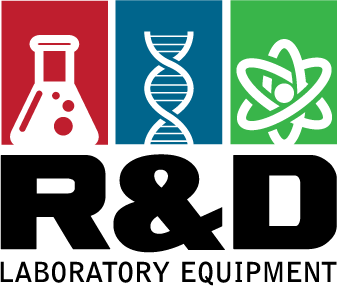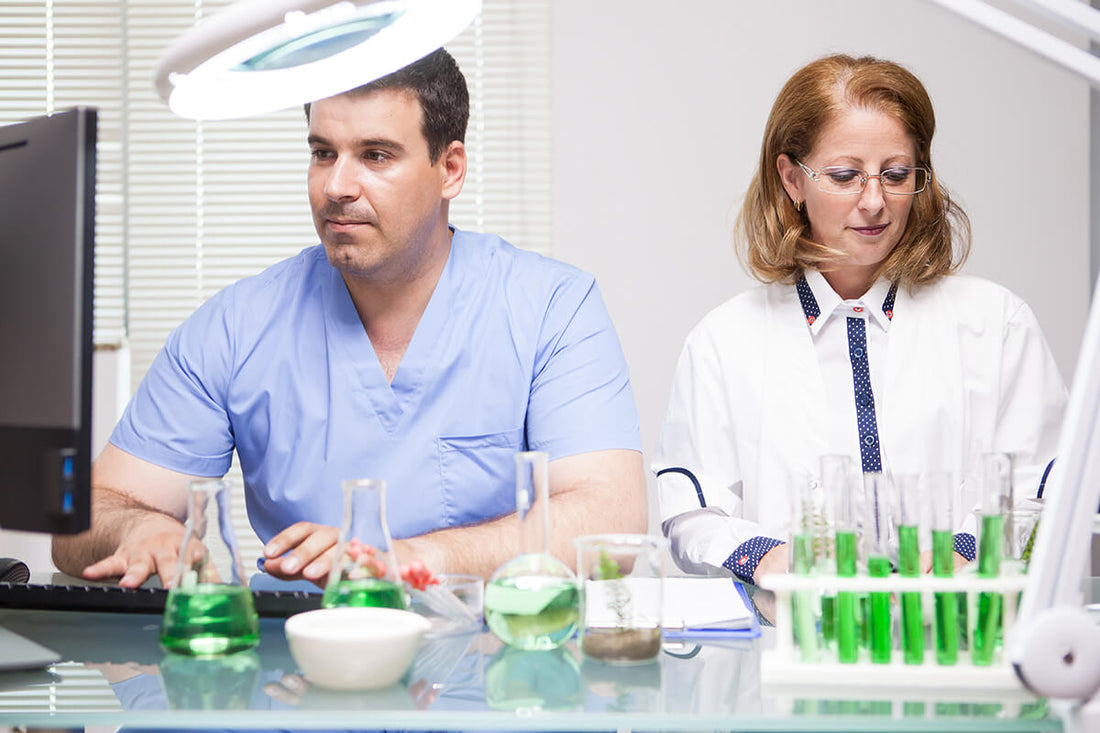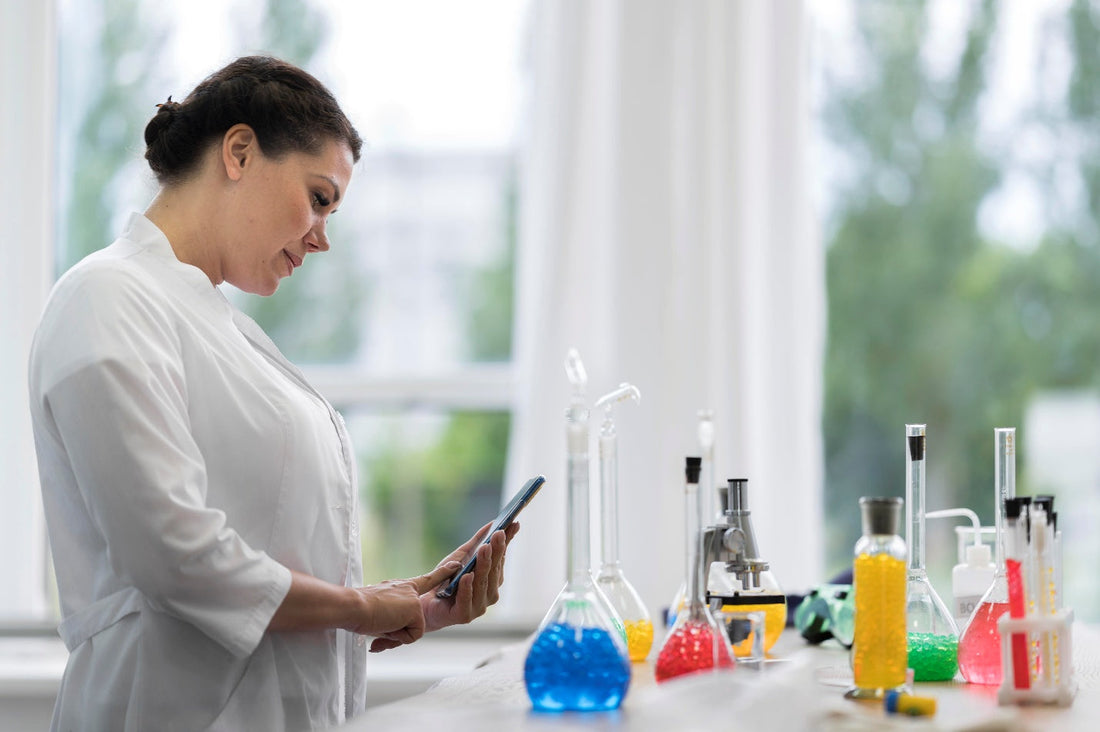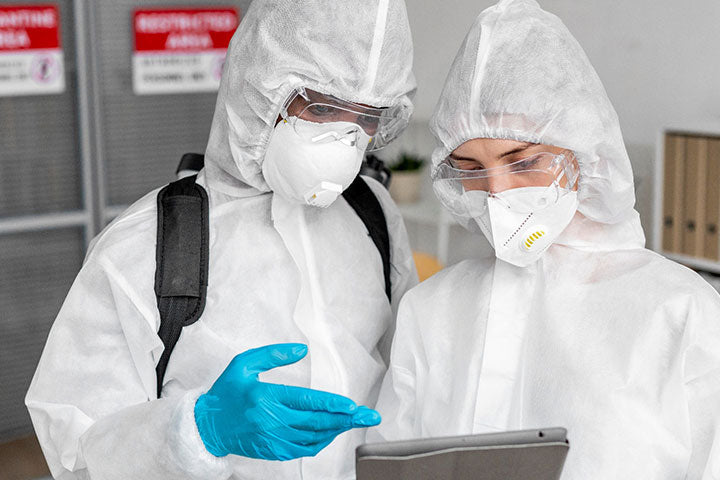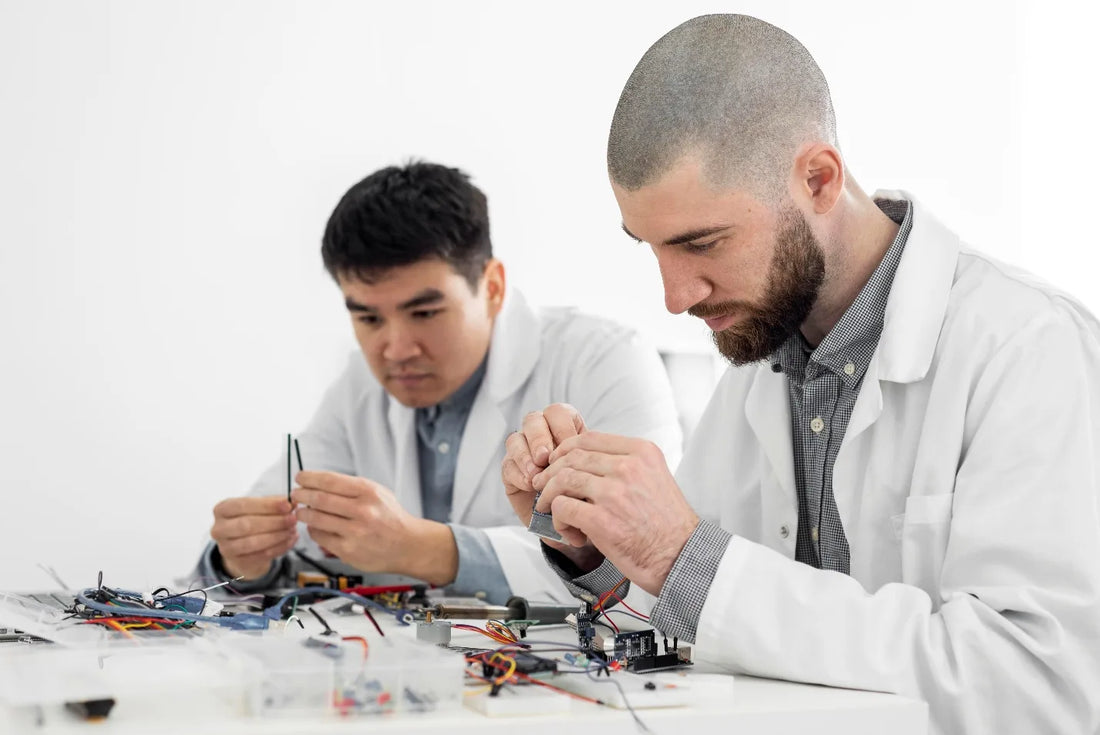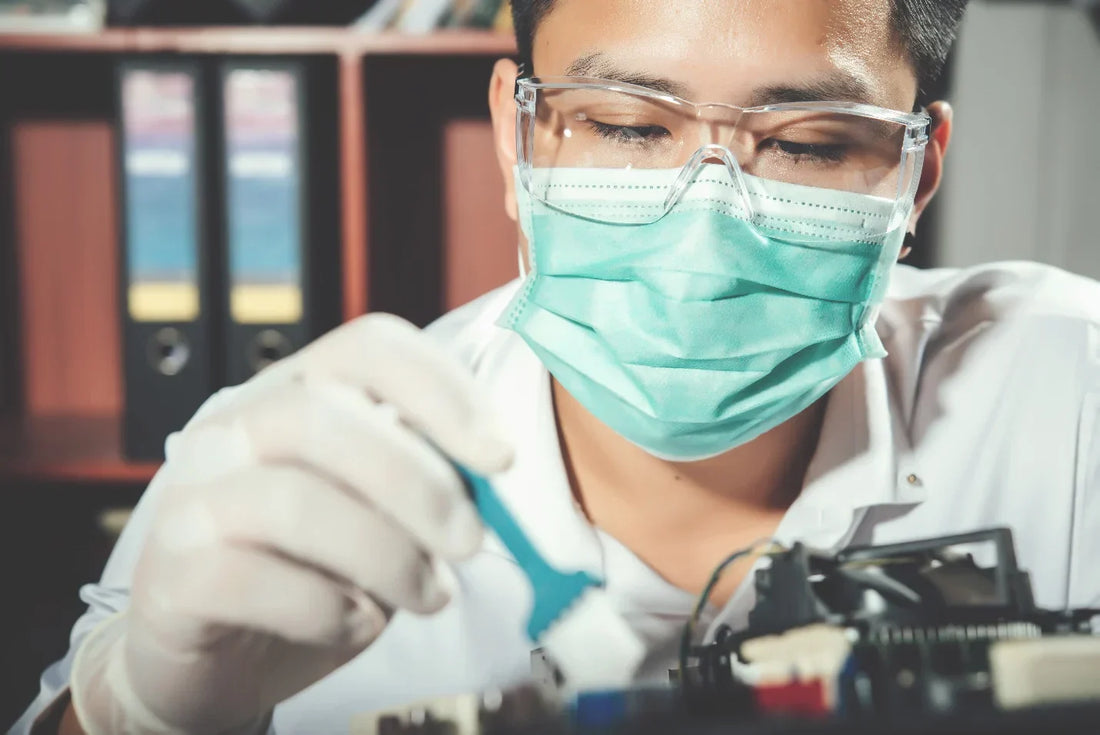Top 10 Essential Pieces of Laboratory Equipment for a Modern Lab

Summary
Setting up a laboratory can be overwhelming, especially when you are balancing scientific precision with a tight budget. This article details the most important lab equipment and where you can get them cheaply.
Introduction
In any research environment, the choice of equipment is essential in ensuring accurate measurements, reliable data, and efficient experimentation. From safety equipment like gloves and goggles to specialized equipment like microscopes and centrifuges, every piece of equipment is essential for scientific success.
However, it is no secret that lab instruments are costly. If you are just starting, you might not know the essential tools. At R&D Laboratory Equipment, we specialize in second hand lab equipment sales. We can help you make efficient decisions on outfitting your laboratory and which equipment is essential for your work.
This article will highlight the 10 most important equipment that every laboratory must have.
Essential Factors to Consider When Buying Second Hand Lab Equipment

Buying used scientific equipment carries a lot of risk. So, it pays to know what to look for and what questions to ask to reduce the risk. Here are some things to consider when buying used lab equipment supplies:
1. Research the Seller
Before committing to a purchase, research the seller and their reputation. Visit their website and check for reviews from previous customers. Also, check independent platforms like Facebook Marketplace and Yelp for more feedback.
2. Equipment’s Condition
Inspect the equipment for signs of damage, wear and tear, or missing parts. This will ensure that it is working properly and can be used immediately.
3. Warranty Service
Most sellers will not give a warranty on used products. However, before purchasing it, ensure that the equipment is in good condition and that no issues can cause future concern. Some vendors, including R&D, offer second hand lab equipment sales warranties.
4. Check for Certifications
Verify if the equipment has been certified or tested to meet industry standards. This will give you confidence that it is safe and reliable.
5. Compatibility with Existing Setup
Ensure that the equipment you are purchasing is compatible with your existing laboratory appliances. Consider factors such as power requirements, software integration, and other specifications.
6. Maintenance Records
Always ask for the maintenance records of equipment before buying it. This information can provide insight into the equipment's history and help you determine its overall condition.
Top 10 Must-Have Laboratory Equipment for Every Modern Lab

1. Microscopes
A microscope is an essential tool in laboratories. It allows scientists to observe microscopic structures that are invisible to the naked eye. There are many types of microscopes, including light, electron, and fluorescence microscopes.
2. Centrifuges
Centrifuges separate different components in a sample based on their density. This device spins a sample at high speeds, causing heavier components to settle at the bottom of the test tube. Benchtop centrifuges and ultracentrifuges are commonly used in medical, biological, and laboratory research. They are used to separate blood components or purify DNA.
3. Spectrophotometers
The spectrophotometer is an instrument that measures the amount of light that a sample absorbs by passing a light beam through it. Scientists can determine the concentration of substances in solutions by measuring light absorption. It is a must-have in any laboratory that requires precise measurement of chemical compounds.
4. Laboratory Incubators
A laboratory incubator is a temperature-controlled chamber used to grow and maintain microorganisms. It is usually made of stainless steel or glass and has built-in heating and a thermostat to regulate temperature, CO2 levels, and humidity.
The common usage of lab incubators is to provide optimal growth conditions for cells or cultures.
5. Autoclaves and Sterilizers
An autoclave, also known as a steam sterilizer, sterilizes equipment and materials by heating them to a particular temperature for a specific duration. It is commonly used in healthcare and research facilities.
6. Balances and Scales
Balances and scales are precision instruments used in scientific environments to measure objects' weight or mass accurately. There are two types of balances: analytical and precision balances.
Analytical balances are used for high-precision measurements, while precision balances are used for general laboratory use.
7. pH Meters
A pH meter measures the acidity or alkalinity of a solution. It is essential in many laboratory procedures, including analyzing biological samples.
8. Fume Hoods
Fume hoods are ventilated chambers where gases, vapors, and hazardous fumes are captured and removed from the work area. They are an essential laboratory safety equipment for handling chemicals and performing reactions that produce toxic or potentially harmful substances.
9. Freezers and Refrigerators
Laboratory refrigerators and freezers are essential for storing samples, reagents, and other laboratory materials. They help maintain the stability and integrity of materials, ensuring accurate and reliable results.
10. Pipettes and Dispensers
Pipettes and dispensers are laboratory tools used to transfer and measure small volumes of liquid precisely. They are essential for several lab procedures, including cell culture and PCR.
Where to Buy Used Laboratory Equipment?
If you are looking for where to buy used lab equipment supplies, you are at the right place. R&D offers second hand equipment sales with a warranty. Our products are certified and tested to industry standards. We also provide training, certification, and maintenance services to improve the functionality and efficiency of your equipment.
Other avenues for second hand lab equipment sales include:
-
Government and University Auctions
-
General Marketplaces such as eBay
Conclusion
Whether you are just starting a laboratory or upgrading your equipment, you will quickly realize that new appliances are expensive and require long wait times. R&D second hand lab equipment sales can free up funds and enhance efficiency, accuracy, and reliability. Contact us now for modern scientific equipment solutions.
FAQs
1. What is the most essential scientific equipment?
Microscopes and centrifuges are essential in research labs. Together, they allow the observation and analysis of samples and research components.
2. What piece of scientific equipment is more frequently used?
Autoclaves are the most common and most used equipment in laboratories.
3. Which is the most expensive scientific equipment?
The Nuclear Magnetic Resonance (NMR) Spectrometer is the most expensive scientific equipment.
4. What are the essential pieces of equipment in a laboratory?
The top 10 essential lab instruments are microscopes, centrifuges, lab spectrophotometers, lab incubators, autoclaves and sterilizers, balances and scales, pH meters, fume hoods, freezers and refrigerators, and pipettes.
5. What is the purpose of a pipette in a laboratory?
They are used to measure and transfer precise amounts of liquid.
6. What are microscopes used for in a laboratory?
Microscopes are used to see and analyze substances that are invisible to the naked eye.
7. Why is autoclaving necessary in a lab?
Autoclaving is a method of sterilization and decontamination of materials in the laboratory.
8. What are centrifuges used for?
Centrifuges are used to separate liquids and solids based on density. They are often used for DNA analysis.
9. Are all these materials necessary in a laboratory setting?
Yes, this equipment is the most essential to the proper functioning of every laboratory.
10. Where can I get second hand lab equipment sales online?
You can get all this equipment and more on the R&D website. Contact us now.
